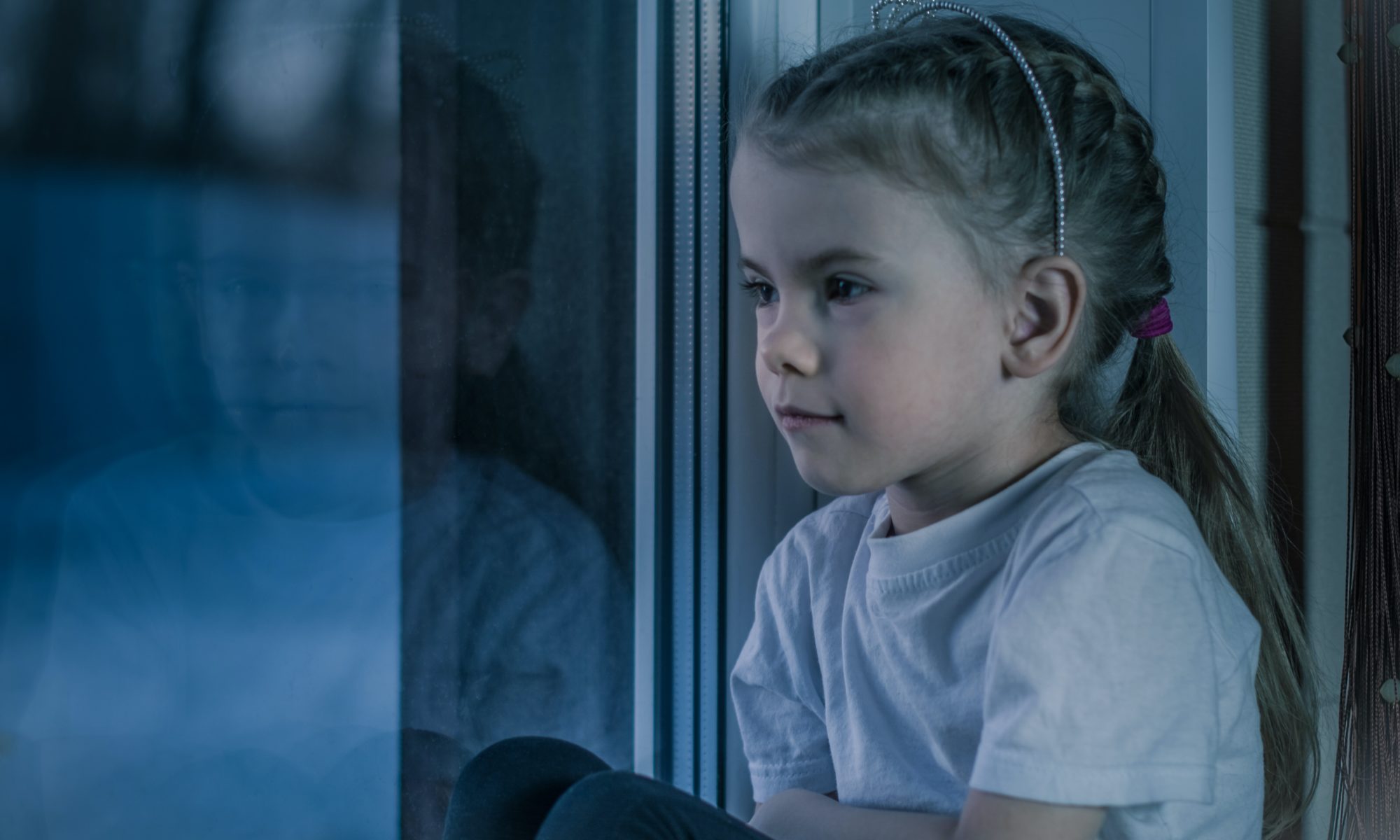In 2020, there were 630,505 divorces and annulments in the United States alone. Separation and divorce are still quite common in the United States and around the world. However, talking parents can make the situation easier for your family.
Divorce is a difficult time full of many strong emotions and obstacles, both for the parents and for your children. Regardless of the reason, divorce became the best option for the two of you. But you might want to think twice before burning bridges with your former spouse.
Here’s why you and your children will benefit from parent communication.
1. You Avoid Misunderstandings
You and your spouse don’t have to be friends after a divorce. Some people are lucky and split amicably. Others feel hurt, betrayed, and angry.
Whatever your situation, it’s crucial to remain cordial and professional. You don’t have to be friendly, but remaining level-headed will help you make better decisions. You can focus on what’s important during this time.
Remaining cordial makes it easy to communicate with your spouse. Communicating helps the two of you avoid misunderstandings and come to an agreement more quickly. As such, you can finalize the divorce sooner.
Another way to avoid misunderstandings is to research common myths. Understand the legal terminology and discuss these issues with your spouse. That way, the two of you can come to an agreement with fewer hurt feelings.
2. You Save Money
The average cost of a divorce is $12,900. However, you can spend much more if you have any contested issues. Commonly contested issues include:
- Child support
- Child custody
- Alimony
- Property
You and your spouse may not be on the same page regarding these issues. Yet, remaining divided will cost the two of you much more. So, what can you do?
Find a way to communicate outside of the courtroom to save money. Go out to lunch or discuss issues over the phone. Of course, be careful what you say and agree to unless it aligns with your interests.
The two of you may be able to come to an agreement faster this way.
3. It’s Easier on Your Kids
There is a 16% increased risk of behavioral problems in kids between 7-14 following a divorce. It’s crucial to remember that your kids are having a tough time too. As such, you want to be careful about what you say concerning your spouse in front of them.
Your children love you both. Divorce can feel like they suddenly have to “choose” between parents. They might ask, “What will happen to our family?”
The stress of a divorce can take a mental and physical toll on kids. They may become depressed or anxious and feel as if their lives are changing in a big way.
Take time to spend with your kids. Ask them how they’re feeling and let them know they can always come to you. Of course, you might want to consider counseling or therapy for your kids.
A child therapist helps kids work through difficult mental and emotional problems. They can also diagnose issues such as anxiety, stress, or depression. Seeing a professional can also help your child feel like they have someone to talk to.
4. Co-Parenting Becomes an Option
Conflict between parents has a negative effect on kids. It may make them feel vulnerable or anxious. That’s why co-parenting is becoming so common.
By definition, co-parenting involves sharing the responsibilities of raising a child or children. It’s used mostly in situations where parents are separated or divorced.
That said, co-parenting will look different in each divorce situation. It involves scheduling visitations, taking their kids to appointments, attending important moments in a child’s life, etc.
Divorced parents often find that co-parenting makes divorce much easier on the children. They can still see both parents, and the family isn’t as disjointed as it may have felt previously.
However, co-parenting is only possible with proper family communication and flexibility. You need to talk to your spouse about what times work best and how long visitations should be. Also, consider whether there are any obstacles, such as appointments or travel.
The 2houses interactive calendar makes this much easier by setting parental schedules.
5. It’s Therapeutic
Divorce is stressful for both parents as well as the kids. Plus, it can get awkward among your friends, at work, and when talking to your support network. Your whole life can change after a divorce, including where you live and who you talk to.
As such, you may deal with feelings of anxiety, stress, depression, anger, and so on. In short, you have a lot of feelings to work through! Communicating with your spouse and others can be therapeutic for you.
Part of the reason why divorce can be so stressful is not understanding the situation. You may not understand your spouse’s feelings or actions, especially if they hurt you.
Communication can provide closure. It may not be easy, but it can help you to understand the situation more.
You have a right to express any feelings of anger or grief as well. However, yelling at your spouse or blaming them won’t make matters any better. It’s best to talk to a therapist or start a divorce journal to work through your feelings.
6. Communication Is Easier Than You Think
These days, technology has made communicating and syncing schedules much easier. You no longer have to make appointments on the fridge calendar, via email, or over text.
Interactive calendars allow both parents to add family events, adjust their schedules, and more. Set a time for dance lessons or parent-teacher conferences. If there’s a sudden change in schedules, either spouse can update the calendar.
That way, both spouses have an accurate schedule that makes co-parenting much easier.
Talking Parents: A Better Solution
Open communication and talking parents can make divorce easier for your kids. It also has many benefits for you, such as being therapeutic.
To make the process easier, take a look at the features and pricing of the 2houses services. From an interactive calendar to a financial management tool, subscribing makes communicating easy and painless.










